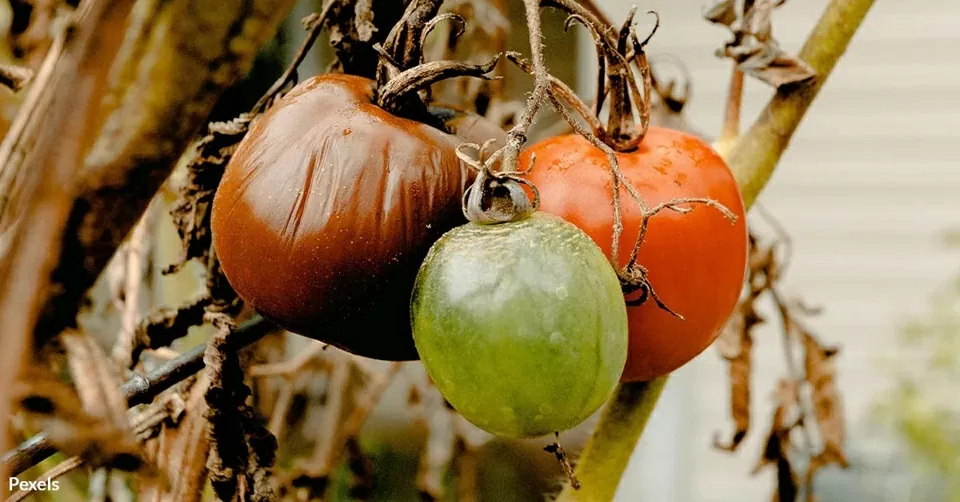Rising temperatures threaten food sources and affect health. (Source: Pexels) |
Among them, children under 5 years old are the group at highest risk, with 125,000 deaths each year due to these preventable diseases.
Related News |
|
Sumitra Sutar, 75, from Haroli village in Maharashtra, India, is one of the millions of victims of this condition. Five years ago, she suffered severe poisoning after eating leftover rice and lentil curry - a familiar dish for her for more than five decades.
The cause was identified as Bacillus cereus, a microorganism capable of producing toxins that cause vomiting, eye inflammation and respiratory infections.
Global warming creates favorable conditions for this type of pathogen to grow in cooked food.
Researchers and health officials are sounding the alarm about this growing threat. For every 1°C increase in temperature, the risk of infection with bacteria such as non-typhoidal salmonella and campylobacter – common causes of food poisoning – increases by 5%, according to a study published in the journal eBiomedicine this year.
Professor Hudaa Neetoo, a microbiologist and food safety expert at the University of Mauritius, warned that in extremely hot weather, ready-to-eat products pose a higher risk of causing illness.
“During heat waves, pathogenic microorganism levels in these products can increase significantly and reach levels that are sufficient to cause illness, because they do not undergo the final heat sterilization step,” she said.
In addition to heat, flooding is also a serious threat. Floodwaters can carry fertilizer from pastures into cropland, contaminating agricultural products such as raw vegetables and leafy greens.
“Cattle manure can contain pathogens such as enteric-causing E. coli, salmonella and campylobacter. Research shows that routine washing at home is not enough to disinfect and reduce microbial levels to safe levels,” explains Professor Neetoo.
In Sumitra Sutar’s village, summer temperatures can reach 43°C. Many people in the area have reported an increase in food-borne illnesses, said Padmashri Sutar, a community health worker and Sumitra’s daughter-in-law. In response, people have stopped cooking with river water and switched entirely to groundwater.
Experts stress the need to raise public awareness of the link between climate change and foodborne illness.
Ahmed Hamad, a lecturer in food hygiene and control at Benha University in Egypt, points out that many people view climate change as simply an environmental issue without realizing its profound impacts on public health.
To minimize the risk, experts recommend cooking food at 70°C for at least two minutes to kill most pathogens.
At the same time, there is a need to improve surveillance and monitoring systems to detect potential disease outbreaks early, as well as strengthen infrastructure to ensure food processing and distribution systems can withstand extreme weather events.
Source: https://baoquocte.vn/trai-dat-nong-len-bao-dong-tinh-trang-thuc-pham-nhanh-hong-anh-huong-den-suc-khoe-312474.html
































































































![[Infographic] In 2025, 47 products will achieve national OCOP](https://vphoto.vietnam.vn/thumb/402x226/vietnam/resource/IMAGE/2025/7/16/5d672398b0744db3ab920e05db8e5b7d)





Comment (0)